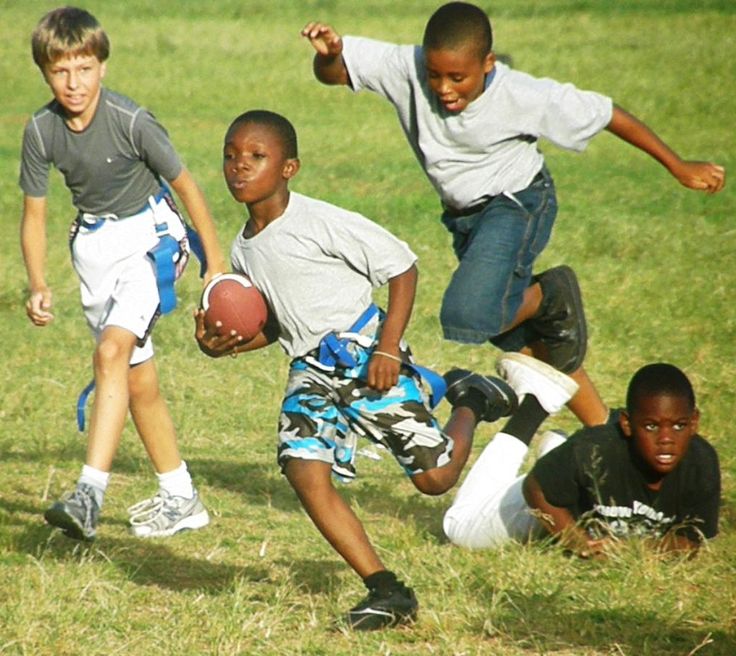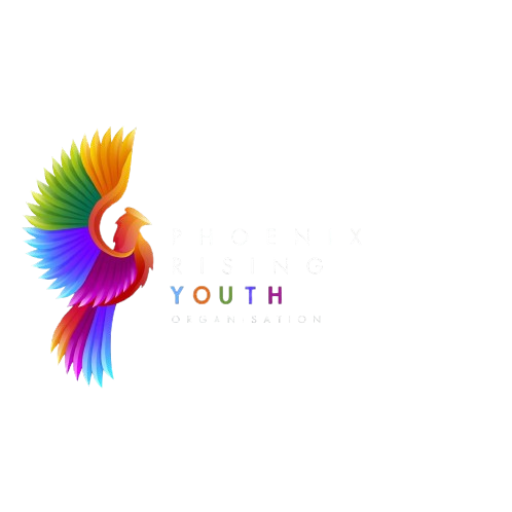PHOENIX RISING YOUTH ORGANISATION
Art Therapy & mentoring
Offering art therapy and mentoring can be beneficial for mental health in several ways:
1. Emotional expression: Art therapy provides a creative outlet for individuals to express their emotions and experiences. Creating art can help individuals process and communicate feelings that may be difficult to express verbally. This can lead to a greater sense of self-awareness and emotional well-being.
2. Stress reduction: Engaging in art therapy can help reduce stress and promote relaxation. The process of creating art can be calming and meditative, allowing individuals to focus on the present moment and alleviate anxiety and tension.
3. Self-discovery and self-esteem: Art therapy encourages self-exploration and self-discovery. Through the creative process, individuals can gain insights into their thoughts, beliefs, and values. This self-awareness can enhance self-esteem and empower individuals to develop a positive self-image.
4. Coping skills and problem-solving: Art therapy provides a safe space for individuals to explore and address challenges they may be facing. Through art-making, individuals can develop coping skills, problem-solving abilities, and alternative perspectives. This can enhance their ability to manage stress, overcome obstacles, and find solutions to problems.
5. Communication and social skills: Art therapy and mentoring provide opportunities for individuals to enhance their communication and social skills. Sharing artwork and discussing the creative process can improve communication, foster connection, and build relationships. Mentoring can also provide guidance and support, helping individuals develop social skills and build a sense of belonging.
6. Empowerment and self-empowerment: Engaging in art therapy and mentoring can empower individuals to take control of their mental health and well-being. Through the creative process and mentorship, individuals can develop a sense of agency, resilience, and empowerment. This can lead to increased confidence, motivation, and the ability to make positive changes in their lives.
Overall, offering art therapy and mentoring can provide a holistic approach to mental health by promoting self-expression, self-discovery, coping skills, social connection, and empowerment. It can be a valuable complement to traditional therapy and support individuals in their journey towards improved mental well-being.
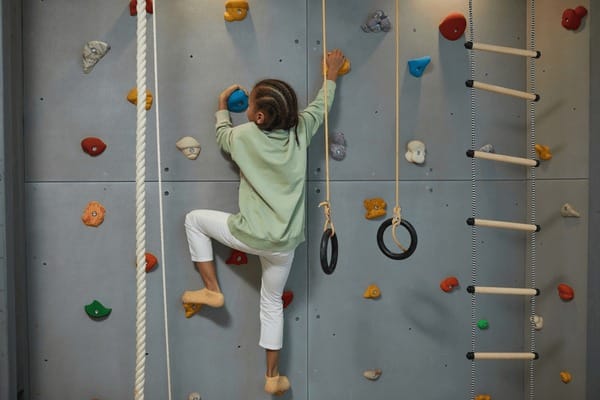
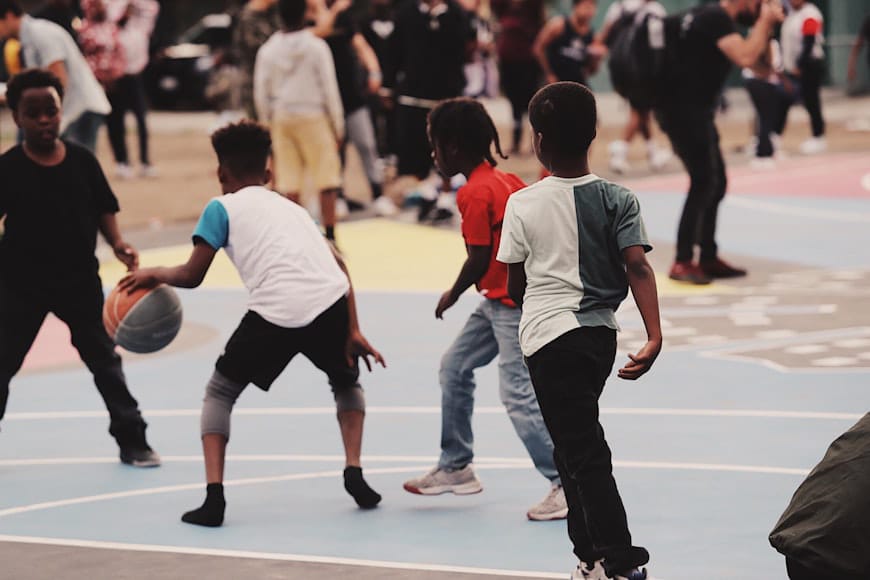
Education & Tutoring
Tutoring services can offer numerous benefits for children in English, Math, and Science. Here are some of the key advantages:
1. Personalized attention: Tutoring provides individualized attention that may not be possible in a classroom setting. This personalized approach allows tutors to identify and address the specific learning needs of each child, helping them overcome their challenges and maximize their potential.
2. Improved academic performance: Tutoring can significantly improve a child’s academic performance in English, Math, and Science. By focusing on areas of weakness and providing targeted instruction, tutors can help students better understand and grasp difficult concepts, leading to improved grades and test scores.
3. Enhanced understanding and comprehension: Tutors can break down complex topics into simpler, more manageable parts, making it easier for students to understand and comprehend. They can provide additional explanations, examples, and practice exercises to reinforce learning and ensure a solid foundation in the subject matter.
4. Increased confidence: Tutoring can boost a child’s confidence in their academic abilities. As students gain a better understanding of the subjects and see improvements in their performance, their self-confidence and belief in their own abilities grow. This newfound confidence can have a positive impact on their overall academic journey.
5. Overcoming learning gaps: Tutoring can help bridge learning gaps that may have occurred due to missed classes or difficulties in understanding certain concepts. Tutors can identify and fill in these gaps, ensuring that students have a solid foundation and are prepared for future academic challenges.
6. Preparation for exams and assessments: Tutoring can help students prepare for exams, tests, and assessments more effectively. Tutors can provide practice materials, review past papers, and offer guidance on exam techniques and strategies, helping students build confidence and perform better in their assessments.
7. Overall academic growth: Tutoring services can contribute to a child’s overall academic growth and development. By improving their understanding, knowledge, and skills in English, Math, and Science, students can excel not only in these subjects but also in other areas of their academic journey.
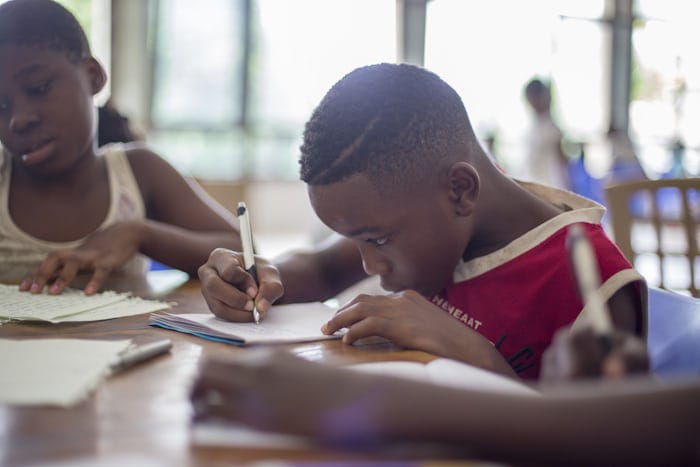
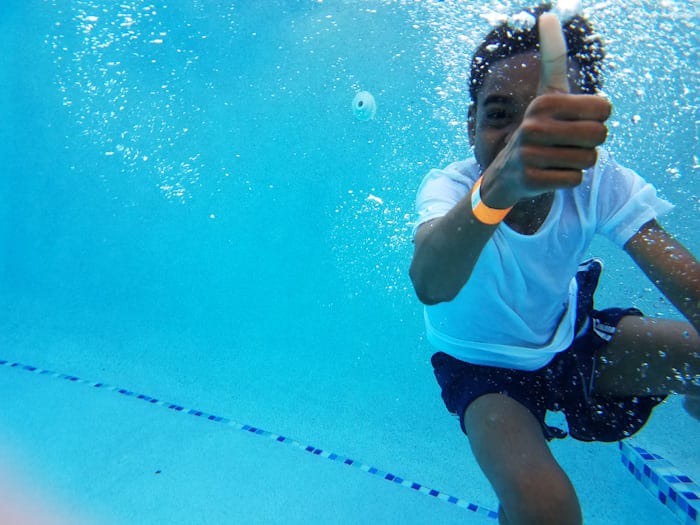
Boxing & MMA
Boxing and Mixed Martial Arts (MMA) offer several benefits for young people. Here are some of the key advantages:
Boxing is a high-intensity sport that requires strength, speed, agility, and endurance. Regular boxing training helps young people improve their cardiovascular fitness, muscular strength, coordination, and overall physical conditioning. MMA combines various martial arts disciplines, such as boxing, kickboxing, wrestling, and Brazilian Jiu-Jitsu. This comprehensive training provides a full-body workout, improving strength, endurance, flexibility, and overall fitness.
1. Self-defense skills: Boxing and MMA teaches young people valuable self-defense techniques and strategies. They learn how to throw punches effectively, how to defend themselves, and how to move in a way that minimizes the risk of being hit. MMA training equips young people with practical self-defense skills that can be useful in real-life situations. They learn a wide range of techniques, including striking, grappling, submissions, and takedowns, giving them the ability to defend themselves in different scenarios.
2. Discipline and focus: Boxing requires discipline and focus. Young people learn to follow instructions, adhere to training schedules, and maintain a dedicated mindset. This discipline and focus can carry over into other aspects of their lives, such as academics and personal goals.
3. Stress relief and anger management: Boxing and MMA can serve as a healthy outlet for releasing stress and managing anger. The physical activity and intense workouts help young people channel their energy in a positive way, reducing feelings of stress and providing an outlet
4. Confidence and self-esteem: As young people progress in their MMA training and see improvements in their skills, their confidence and self-esteem naturally increase. They gain a sense of accomplishment, overcome challenges, and develop a belief in their abilities, which can positively impact their overall self-confidence.
5. Respect and sportsmanship: MMA training promotes respect for coaches, training partners, and opponents. Young people learn the importance of sportsmanship, fairness, and integrity. They develop a sense of camaraderie and learn to work together as a team, fostering positive social interactions and values.
6. Healthy lifestyle habits: MMA training encourages young people to adopt a healthy lifestyle. This includes maintaining a balanced diet and getting regular exercise
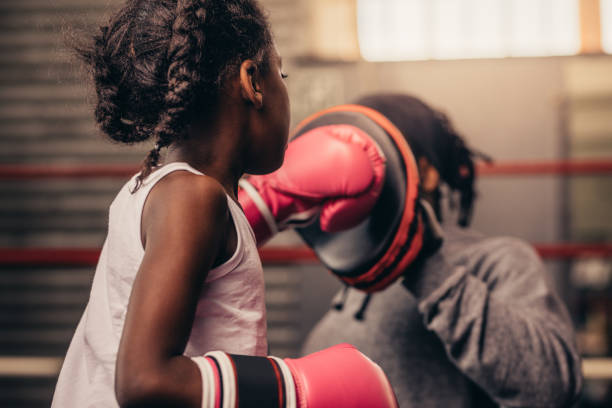
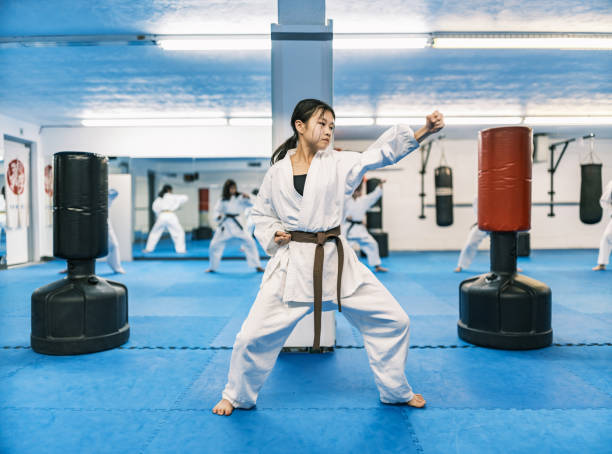
Recreational & Educational trips
Recreational and educational trips are excellent opportunities for young people to explore new places, gain valuable experiences, and learn outside of the traditional classroom setting. Here are some ideas for recreational and educational trips for young people:
1. Museum visits: Visiting museums offers a chance for young people to learn about history, art, science, and culture. They can explore various exhibits, participate in interactive activities, and engage with educational programs tailored for their age group.
2. Nature excursions: Organizing trips to national parks, wildlife reserves, or nature centers allows young people to appreciate the beauty of the natural world while learning about ecosystems, biodiversity, and conservation efforts. Activities like hiking, bird-watching, and camping can be included to enhance the experience.
3. Historical sites: Taking young people to historical sites and landmarks gives them a firsthand look at significant events and periods in history. They can learn about the culture, heritage, and historical significance of these places through guided tours, reenactments, and interactive exhibits.
4. Science centers and planetariums: Science centers and planetariums provide hands-on learning experiences in the fields of science, technology, engineering, and mathematics (STEM). Young people can engage in interactive exhibits, experiments, and demonstrations that deepen their understanding of scientific principles and discoveries.
5. Adventure trips: Adventure trips, such as camping, hiking, or water sports, offer young people opportunities to develop teamwork, problem-solving, and leadership skills. These trips can be combined with educational components, such as environmental awareness programs or survival skills training.
6. Cultural and arts festivals: Attending cultural and arts festivals allows young people to immerse themselves in different traditions, music, art, and performances. They can learn about diverse cultures, appreciate different art forms, and participate in workshops or activities related to the festival themes.
7. Career exploration trips: Organizing trips to workplaces or hosting career fairs can expose young people to various career paths and industries. They can interact with professionals, learn about different job roles, and gain insights into the skills and education required for different careers.
